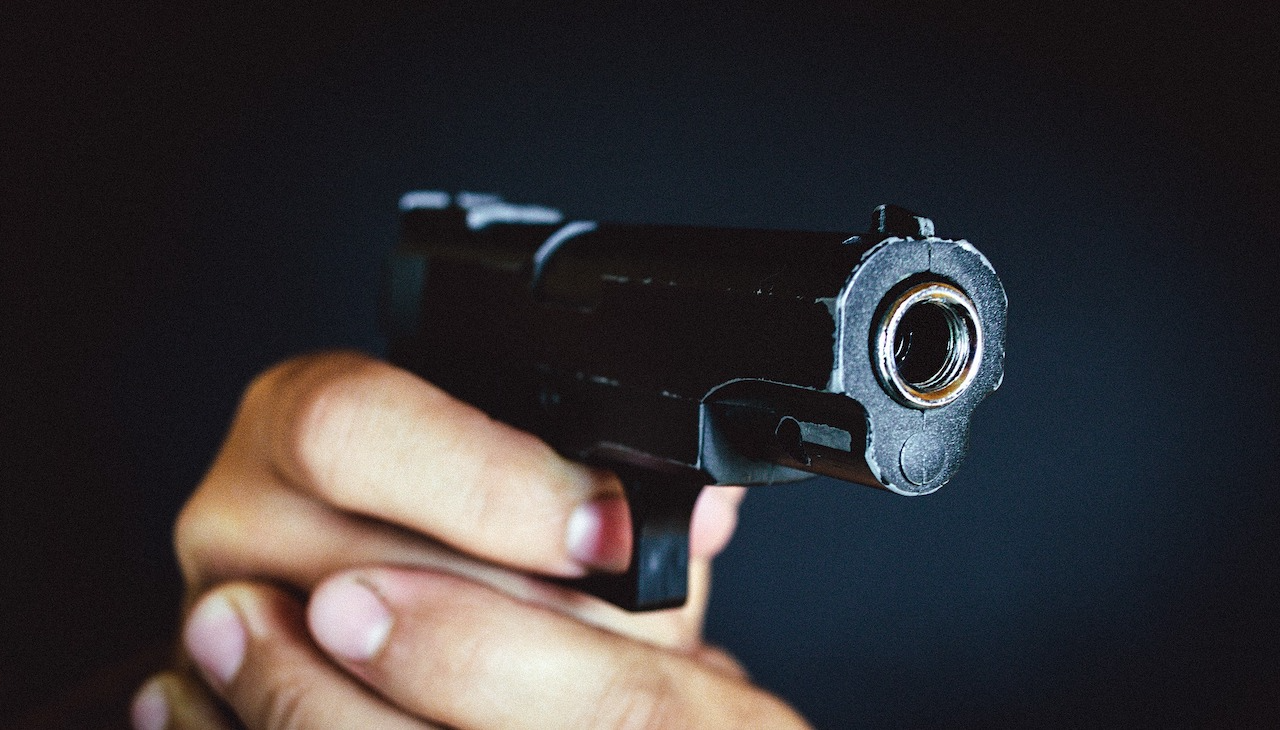
New report finds nearly 15,000 crime guns in Philly traced to nine local stores
The data, which is part of a statewide report, is more thorough because of a focus in recent years on gun tracing and information sharing.
According to a new report by the gun-control group Brady, nearly 15,000 firearms in Philadelphia recovered in criminal investigations or confiscated from people who possessed them illegally can be traced to nine local dealers.
The report, entitled ‘Uncovering the Truth about Pennsylvania Crime Guns,’ reinforces what other studies have shown — that a small number of gun stores in Pennsylvania supply the majority of the state’s gun crimes.
Nearly 15,000 firearms in Philadelphia recovered in criminal investigations or confiscated from people who possessed them illegally can be traced to just 9 local firearms dealers.https://t.co/hL5wqxhbrG
— Scott Charles (@TheScottCharles) April 30, 2022
Brady’s report was able to identify the stores selling the most crime guns in Philadelphia. It provides the most extensive review in two decades at the origins of thousands of guns used, or suspected of being used, in a crime, or obtained by a person who was banned from owning one.
It also suggests limitations and transparency around firearms sales.
Across the state, the report discovered that while many PA dealers were linked to few or no crime guns, a small number of dealers sold the guns originally. Just 1% of the in-state dealers were responsible for half of the recovered crime guns, and 20% of them dealers for 90% of the guns.
The largest number of Philadelphia crime guns (2,842) were traced to Colosimo’s, a store on Spring Garden Street that was shut down in 2009.
Brady’s legal counsel and director of programs, Joshua Scharff, told The Philadelphia Inquirer that the data set goes back to 1977, but it is now more comprehensive because the state’s Attorney General recently began focusing on gun tracing and data sharing.
In 2019, Attorney General Josh Shapiro launched the Pennsylvania Track + Trace Initiative, a collaborative effort with statewide police departments to centralize the tracking of illegal gun transfers.
“I have said for years that most crime guns come from a small number of stores,” Shapiro said in a statement on Friday, April 29.
From 2014 to 2020, 6 small retailers in Philadelphia sold more than 11,000 weapons that were later recovered in criminal investigations or confiscated from owners who obtained them illegally. Similar patterns are widespread in UShttps://t.co/ZpfyQoXAsB
— Alfons López Tena 🦇 (@alfonslopeztena) April 30, 2022
Shapiro, though, cautioned against drawing conclusions about individual sellers from the data, saying that a seller of guns that end up in crimes may also be reporting suspected straw purchasers to law enforcement, and that cooperation wouldn’t be publicly available.
“These numbers for closed stores really show you the damage that an irresponsible dealer can do. These guns are durable and they have a long life,” Scharff said.
RELATED CONTENT
Most of the Philadelphia shops mentioned on the list are still open and their goods are being sold quickly.
On Friday, April 29, local gun shop owners and gun-rights advocates pushed back against the study, claiming that it is fundamentally flawed.
2,356 crime guns were traced back to the South Philly shop, Philadelphia Training Academy, which came in second on the list.
But the owner, Jimmy Mastroddi, told The Inquirer that the analysis doesn’t take into account that stores like his sell a much higher volume of guns than most others.
Mastroddi said the number is “unfair,” and that his staff’s safeguards for preventing illegal sales go “above and beyond” industry standards. Some of these measures include surveilling potential customers who may be communicating with someone else on a Bluetooth headset or via text.
“That is my first priority, to identify and dismiss any possible straw purchase,” Mastroddi said.
At the national level, a catered approach is needed when considering stores all over the map.
“There is a wide spectrum of behavior we’re dealing with when it comes to these stores. Some of them need support, some need more scrutiny, and some of them just need to be shut down,” T. Christian Heyne, Brady’s vice president for policy, told The New York Times.
Heyne said that the vast majority of dealers are selling guns safely, and that the purpose of releasing the report was to put pressure on federal, state, and local officials to focus on countering “the bad actions of a few.”


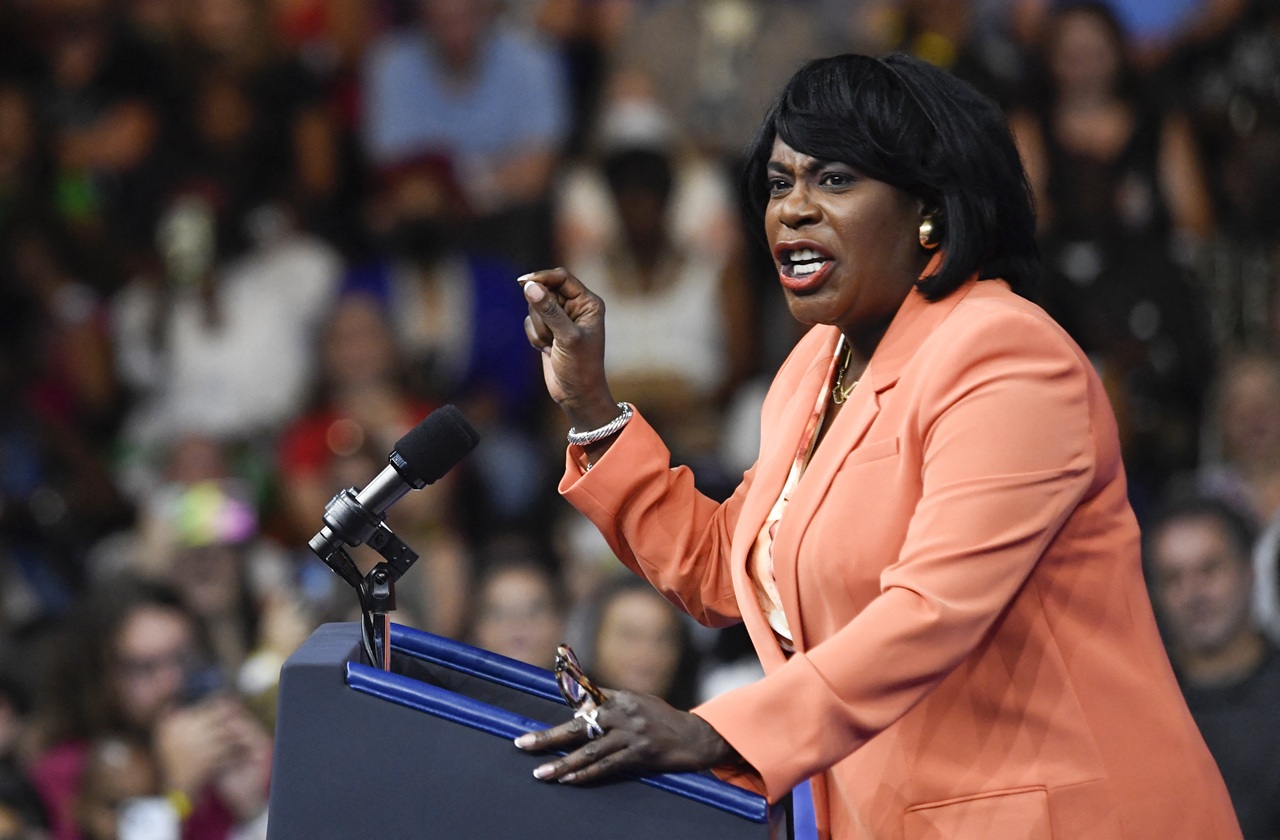

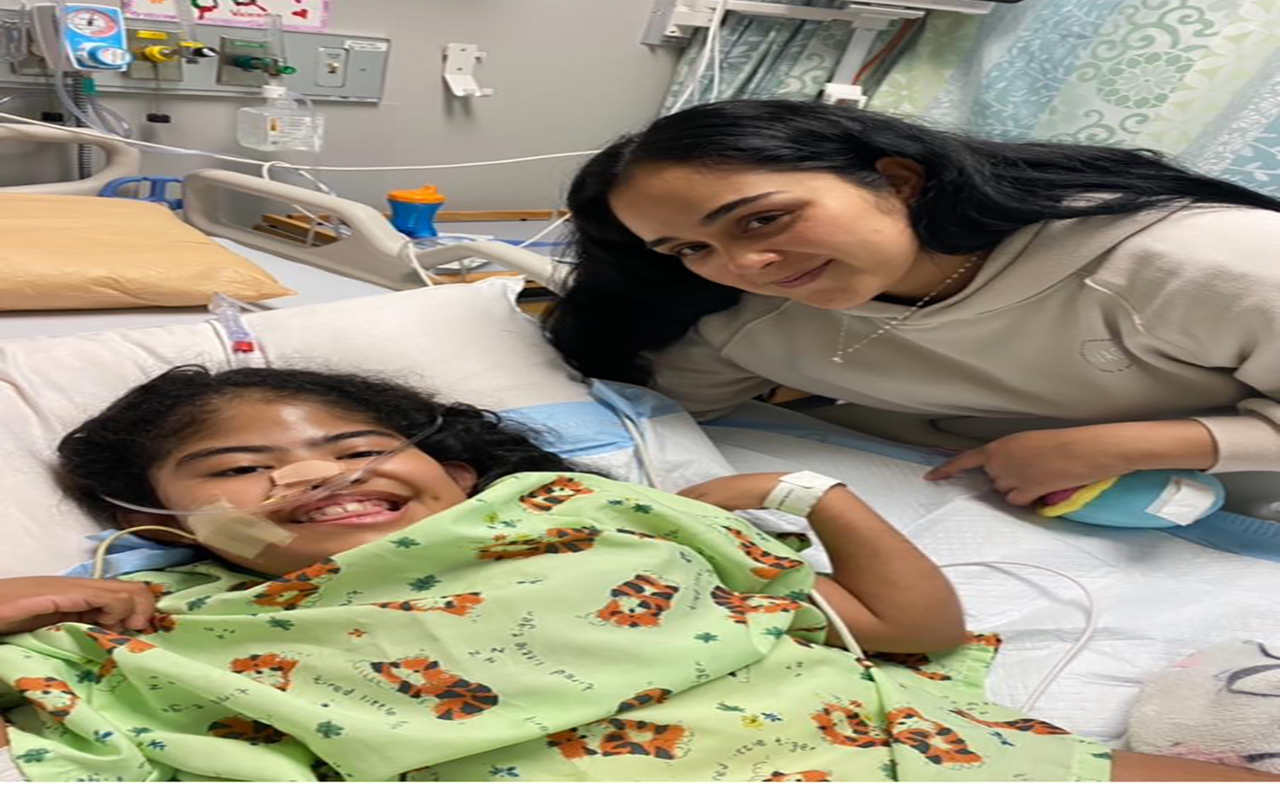


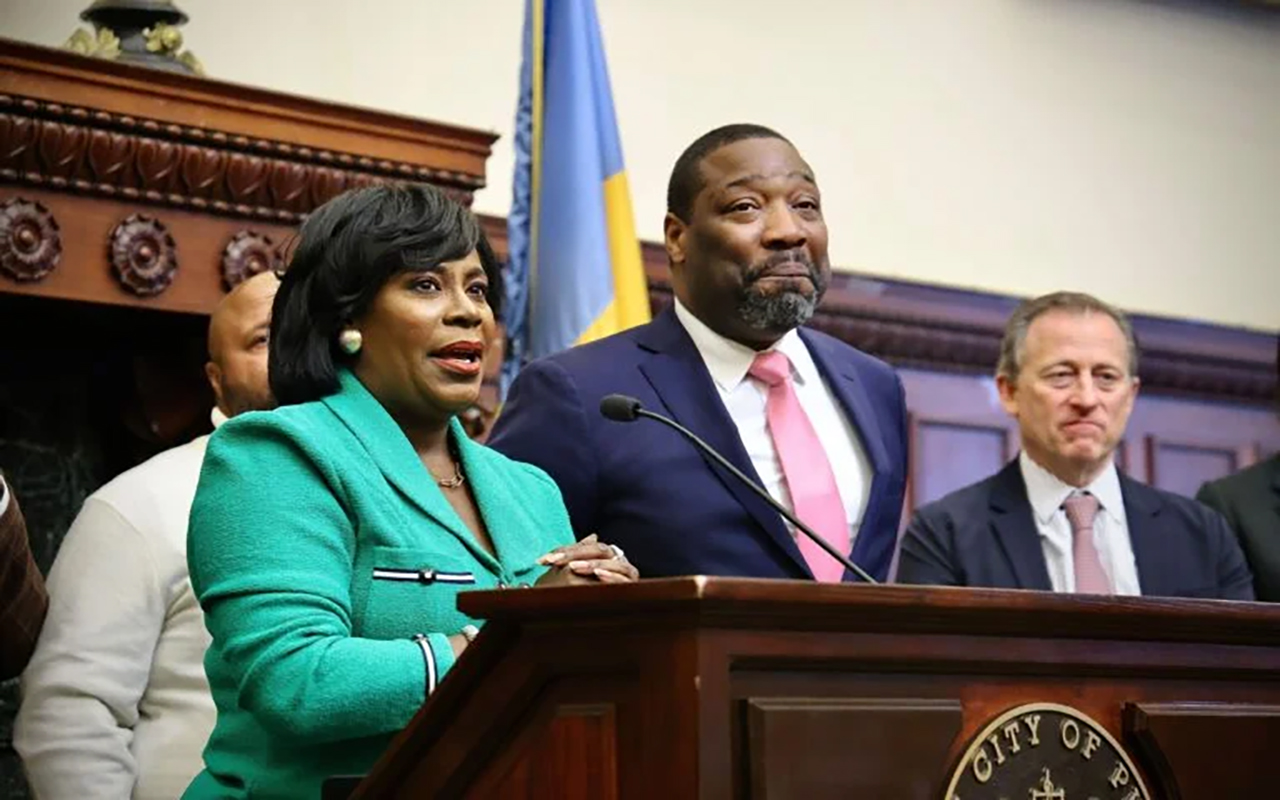
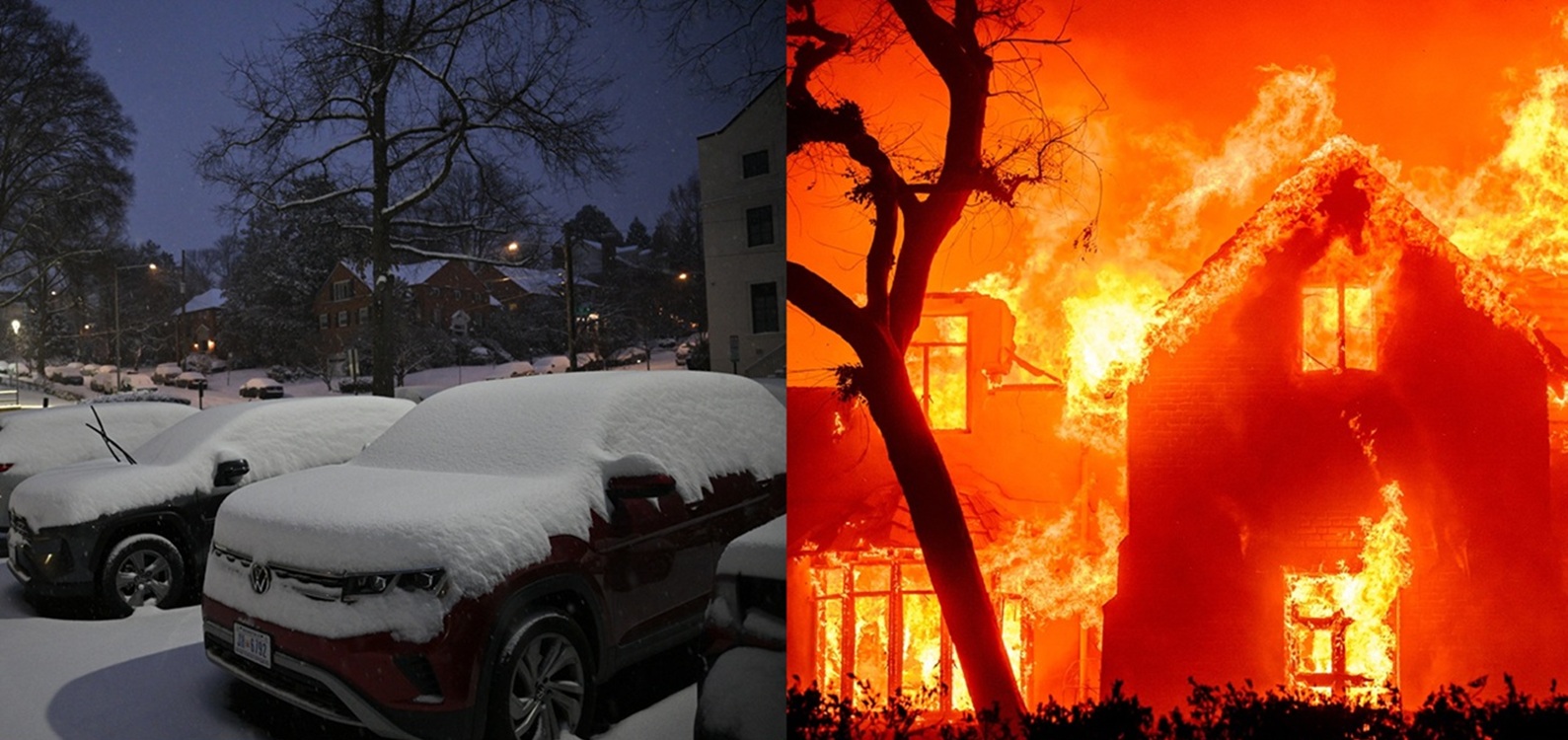
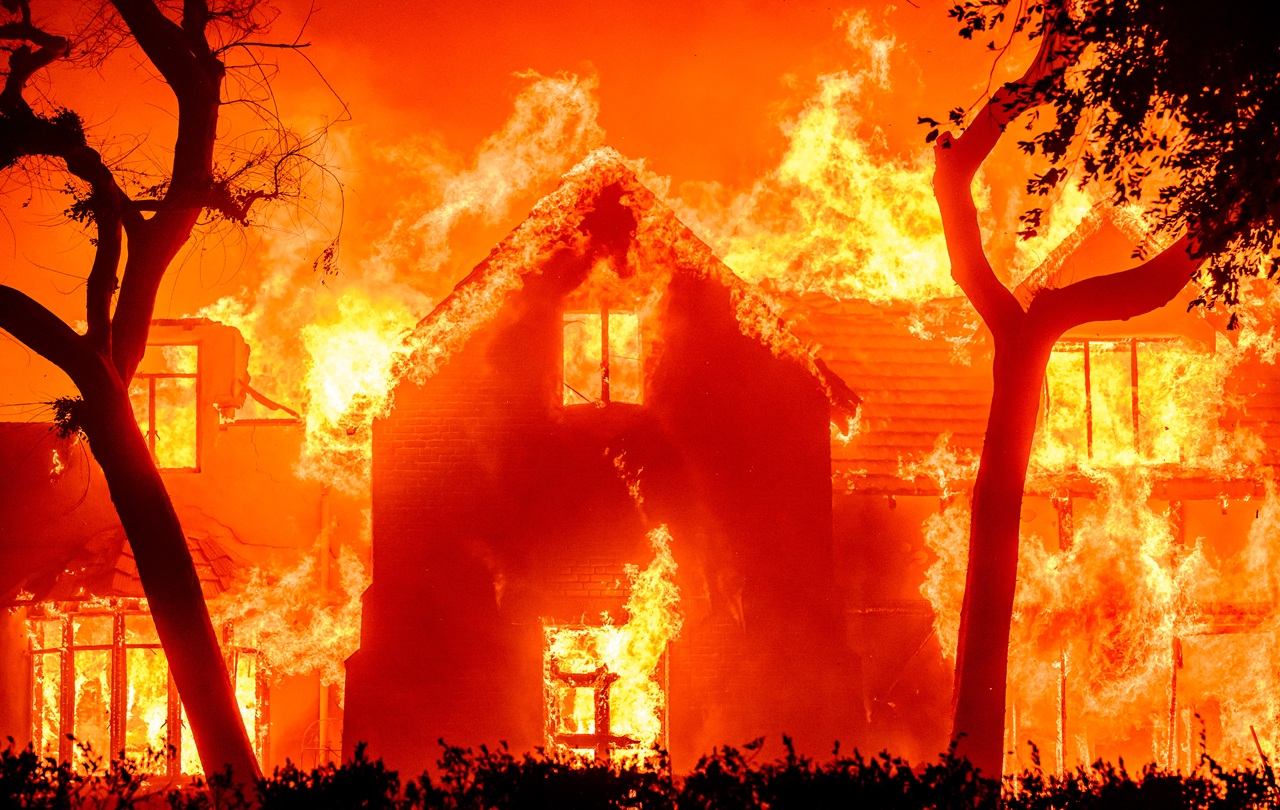

LEAVE A COMMENT: